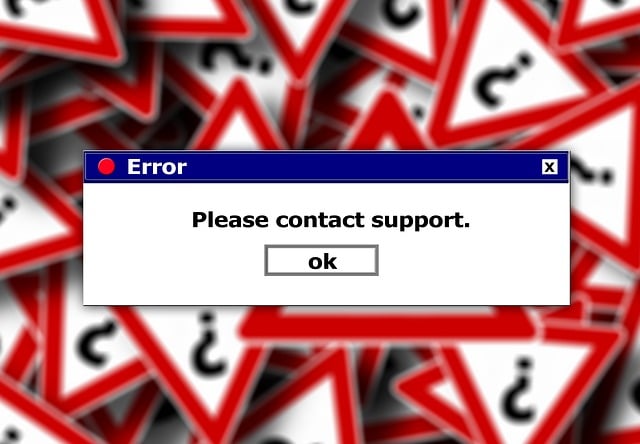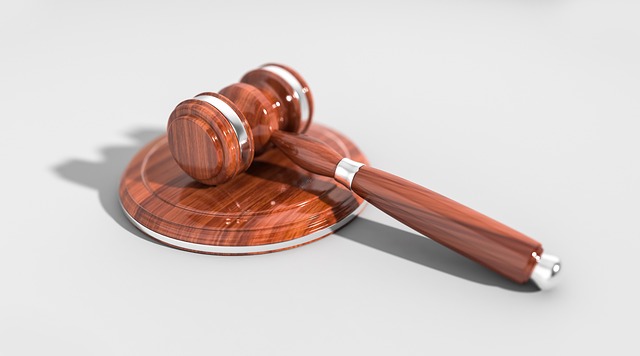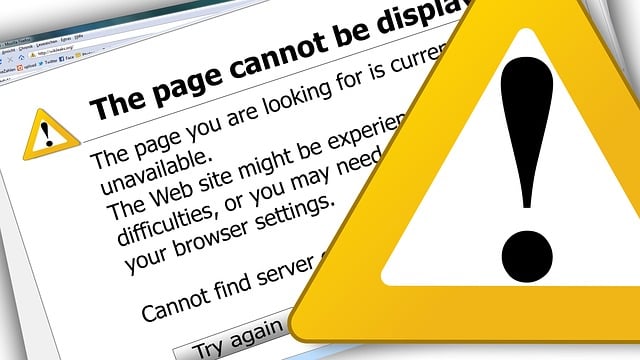Understanding Oregon's complex legal landscape is crucial for anyone facing criminal charges. To avoid common mistakes and protect their rights, individuals should seek guidance from experienced professionals. The "Oregon Defense Guide" equips defendants with knowledge to navigate the state's system confidently, focusing on communication, procedural errors, evidence management, ethical practices, and avoiding pitfalls in defense strategies. This guide aims to help clients make informed decisions and present robust defenses throughout the legal process.
Navigating the complexities of Oregon’s legal landscape is crucial for defendants aiming to build a robust defense. This comprehensive guide delves into the most common pitfalls faced by those in Oregon defense, providing essential insights for attorneys and clients alike. From communication mishaps and procedural errors to ethical dilemmas, we explore practical strategies to avoid mistakes that could undermine your case. By understanding these pitfalls, you’ll be better equipped to navigate Oregon’s legal system effectively.
- Understanding Oregon's Legal Landscape: A Framework for Defendants
- Common Pitfalls in Communication and Client Relations
- Navigating Procedural Errors: Timely Filings and Court Rules
- Evidence Management: Documenting and Presenting Your Case Effectively
- Ethical Considerations and Avoiding Conflict of Interest Issues
Understanding Oregon's Legal Landscape: A Framework for Defendants

Understanding Oregon’s complex legal landscape is crucial for anyone facing criminal charges in this state. Navigating Oregon defense requires a deep understanding of local laws, court procedures, and potential pitfalls that can significantly impact the outcome of your case. Many defendants make common mistakes, such as ignoring formalities or misinterpreting their rights, which can hamper their defense strategy.
To avoid these Oregon defense mistakes, it’s essential to seek guidance from experienced legal professionals who know the ins and outs of the state’s criminal justice system. By familiarizing themselves with the local rules and regulations, defendants can ensure they make informed decisions, present a robust defense, and ultimately protect their rights throughout the legal process. This guide aims to equip individuals with knowledge, empowering them to navigate Oregon’s defense landscape confidently.
Common Pitfalls in Communication and Client Relations

In Oregon, as with any legal jurisdiction, communication and client relations are pivotal to a successful defense strategy. Common pitfalls in this area often stem from misunderstandings or a lack of transparency. Legal professionals must ensure clear and consistent communication with clients, addressing concerns promptly and providing regular updates on case progress. Missteps can lead to heightened client anxiety and potential mistrust.
Avoiding these mistakes involves establishing open lines of dialogue, adhering to promised timelines, and being transparent about potential outcomes. It’s crucial to listen actively to client needs, clarify expectations early on, and regularly check in to ensure the defense strategy aligns with their goals. This Oregon defense guide emphasizes proactive communication as a key factor in mitigating common errors that can compromise a case.
Navigating Procedural Errors: Timely Filings and Court Rules

Navigating procedural errors is a critical aspect of any successful Oregon defense strategy. Timely filings are paramount; missing deadlines can lead to case dismissals or severe prejudicial effects. Every detail matters, from filing motions within specified timeframes to ensuring notices are served correctly. Oregon’s court rules are designed to maintain order and fairness, so understanding these requirements is essential for avoiding pitfalls that could undermine a defense case.
Legal professionals must be adept at navigating the nuances of these rules, which vary across different courts and types of cases. Simple oversights, like failing to file a response within the required time or missing court-set deadlines for disclosure, can result in significant consequences. A comprehensive Oregon defense guide should emphasize the importance of meticulous record-keeping and staying attuned to court notifications to minimize such errors, ensuring a robust and effective legal strategy.
Evidence Management: Documenting and Presenting Your Case Effectively

In the intricate world of Oregon defense, one of the most significant challenges lies in effective evidence management. Lawyers must meticulously document and present their cases to avoid critical mistakes that could undermine their arguments. A simple oversight or misstep in handling evidence can lead to severe consequences for the defense strategy. Therefore, it’s crucial to prioritize thoroughness and organization from the outset.
To navigate this pitfall successfully, legal professionals in Oregon should implement robust systems for collecting, cataloging, and preserving relevant evidence. This includes digital documentation, secure storage, and clear labeling to ensure that all materials are easily retrievable during trials or hearings. Additionally, a comprehensive understanding of evidentiary rules specific to Oregon courts is essential to present the case compellingly and within legal parameters, thereby enhancing the overall effectiveness of the defense strategy.
Ethical Considerations and Avoiding Conflict of Interest Issues

When navigating Oregon’s complex legal landscape, attorneys must remain vigilant to avoid ethical considerations and conflict of interest issues that could prove detrimental to their clients’ cases. One of the primary pitfalls is failure to disclose potential conflicts early on. This includes financial or personal interests that might cloud a lawyer’s judgment or compromise their ability to advocate fiercely for their client. For instance, representing both the victim and the defendant in a case could lead to an impossible ethical dilemma. Oregon rules are clear: attorneys must promptly inform clients of any known or reasonably foreseeable conflicts and obtain informed consent before proceeding.
Moreover, maintaining confidentiality is paramount. Lawyers must safeguard sensitive client information to prevent breaches that could harm their case or violate ethical standards. Using unsecure communication channels or disclosing confidential details without proper authorization can result in severe repercussions. The Oregon defense guide emphasizes the importance of clear communication, transparency, and a strong attorney-client relationship built on trust, which are essential to avoiding these common defense errors and ensuring the best possible outcome for the client.














